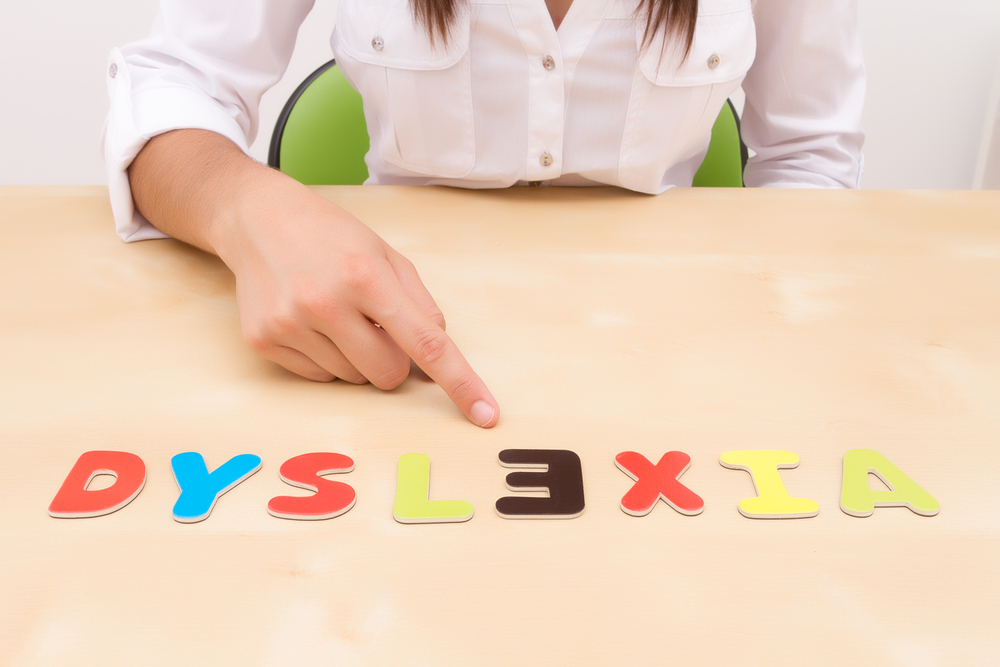
If a parent suspects their child has dyslexia or if a child is diagnosed with dyslexia, the next step may be trying to find additional reading help. Traditional classroom reading instruction may or may not be enough. How can parents find dyslexia reading programs for their children? Are special reading programs necessary for children with dyslexia?
What is Dyslexia?
A diagnosis of dyslexia may be met with a variety of emotions. Like any diagnosis, there may be fear, sadness, or even a range of emotions. Some parents may hear the diagnosis but may be unable to process it at the moment.
What is dyslexia? The Mayo Clinic defines dyslexia as “…a learning disorder that involves difficulty reading due to problems identifying speech sounds and learning how they relate to letters and words (decoding). Also called reading disability, dyslexia affects areas of the brain that process language.”

What Reading Program is Best for Dyslexia?
What reading program is best for dyslexia may depend on each child. Some children may be very successful with a certain program, but another child might do better with a different program.
If a child has an IEP at school because of the dyslexia diagnosis, the program that is used at school may be the only option. Or perhaps the school can provide different programs. Every district may be unique regarding what resources they can provide to students with dyslexia or other reading struggles.
How Do You Teach a Dyslexic Child to Read?
There may be different resources available for parents to help teach their child to read. Conversations with the school are an important first step. Why? A child with a dyslexia diagnosis may qualify for reading intervention programs at school. However, this may not always be the case.
Talk to your child’s teacher and ask about how to request more in-depth evaluations. You may be directed to a special education teacher or another administrator who heads up the process for IEPs or 504 plans.
The evaluation process for an IEP can be stressful…and confusing. You may wish to have an advocate sit with you during meetings about the process. The University of Michigan provides a thorough breakdown of the process and what to expect at every phase.

What is the Best Intervention for Dyslexia?
The “best” of anything can become a debate. Again, what intervention works for one child might not work for another. Some parents also may be in a situation that what is “best” in their mind isn’t offered to their child in the classroom.
Some children with dyslexia might not—for whatever reason—qualify for an IEP and, therefore, might not receive additional support. Again, every situation is unique. Some parents may need to seek outside help for their child or enroll their child in a private school to secure the help that is needed. Other children may receive assistance at the school, but parents may not like what is offered and, again, seek out other options.
Ultimately, the best intervention may be what the parents believe is the best for their child.
How Can Parents Offer Reading Help at Home?
A child with dyslexia may need more help with reading at home. How can parents best support their child? Teachers may offer some resources about how parents can work with a child during reading. Many school districts also have teachers who specialize in reading instruction. These educators may provide ideas and tips for parents on how to better help a child at home.
However, there are many places to find help and support when a child is diagnosed with dyslexia. Reach out to The Dyslexia Resource, The Dyslexia Foundation, International Dyslexia Association, or Learning Disabilities Association of America.
Reading Apps at Home
Parents may elect to use reading apps or reading systems at home to provide additional support for their child. Before parents decide on–and invest in–an app or reading program, it’s important to understand the capabilities and benefits of the different options that are available.
Organizations, advocates, and teachers could provide feedback and recommendations for programs that best fit the needs of the child. Ideally, reading apps and programs should offer a trial period so that parents and their child can become acquainted with the program and what it provides. The trial period also can help parents understand if the app is a good fit for their child.
Readability provides a seven-day free trial, which gives the child (and their parent/guardian) time to become familiar with the app’s capabilities and try out Readability’s AI tutor. This virtual tutor is powered by voice recognition software; the tutor will correct any mispronunciations and ask questions about the story to help build comprehension skills. Readability is designed to adapt to each child’s reading level; lessons become harder as children master each level. The system will not advance the child until they read the lesson fluently and can comprehend the story/book. A Parent Dashboard provides parents with each child’s progress, including how long the child interacted on the app.
Parents can sign-up for a free seven-day trial by visiting www.readabilitytutor.com. Or download the app and follow the trial instructions.

 Español
Español